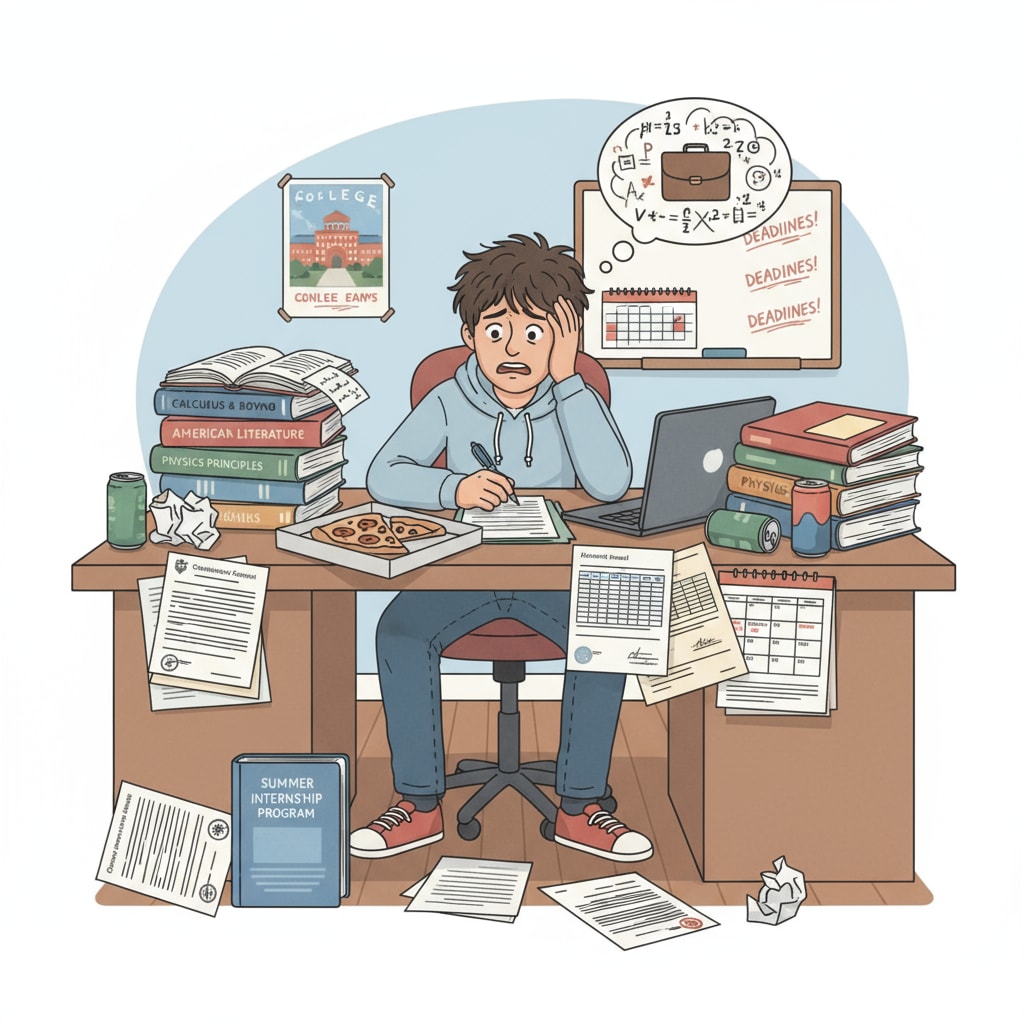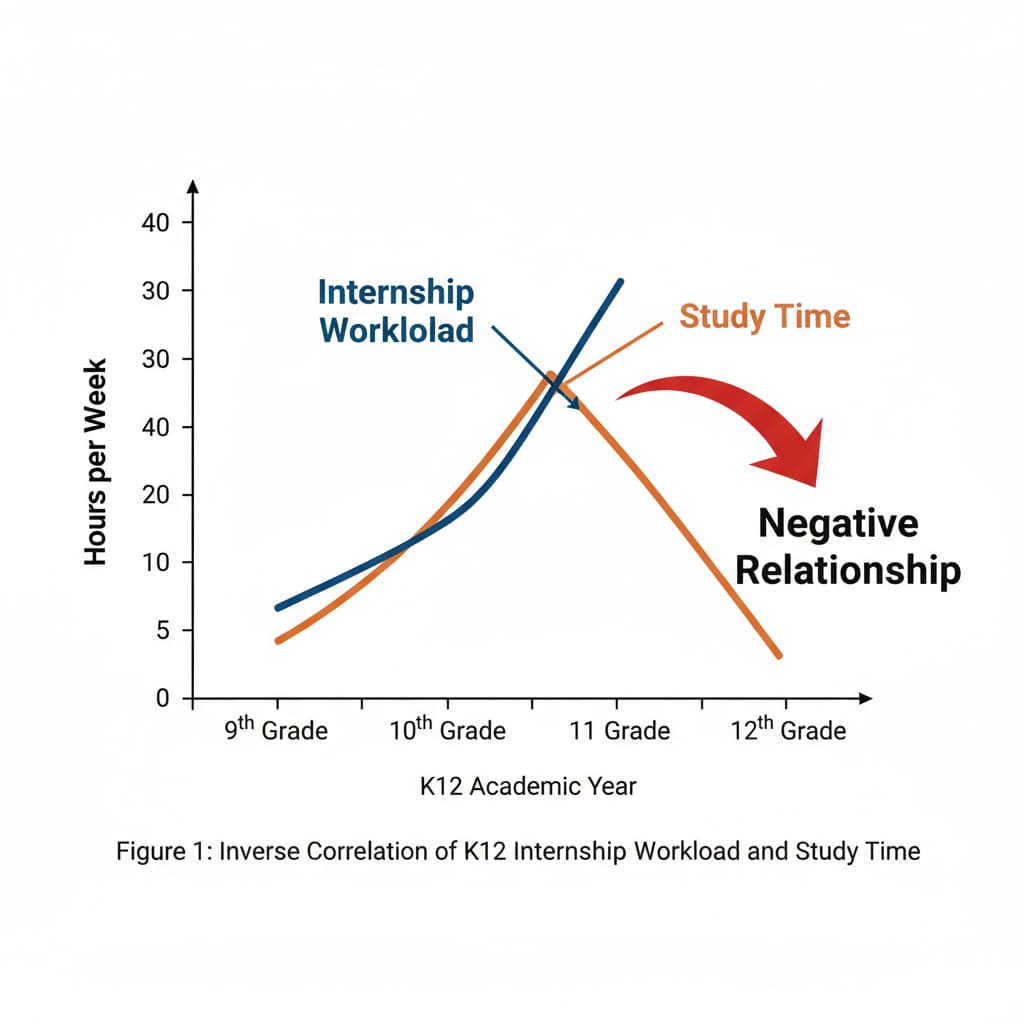Internship workload, study-time balance, and work schedule adjustment are crucial aspects that K12 senior students often grapple with. As they step into internships while still in school, the challenge of juggling these two important areas can be overwhelming. For instance, many students find themselves in a situation where the demands of their internships start to encroach on their study time.

This not only affects their academic performance but also their overall well-being. To better understand this issue, let’s break it down further.
The Dilemma of Internship Workload
The internship workload for K12 students can be quite intense. Employers often expect students to contribute meaningfully to the workplace, which may involve tasks such as data analysis, project assistance, or customer service. According to Britannica, as students take on these responsibilities, they may find that they have less time for their studies. For example, a student who is required to work long hours at an internship may struggle to complete their homework or prepare for exams. This imbalance can lead to a decline in academic grades and increased stress levels.

Impact on Study-Time Balance
Maintaining a balance between internship and study time is essential for K12 students. When the internship workload is too heavy, it becomes difficult to allocate sufficient time for studying. As a result, students may miss out on important learning opportunities, fail to keep up with the curriculum, and ultimately, their academic progress may be hindered. As Wikipedia mentions, a lack of study-time balance can also have long-term consequences for a student’s future academic and career prospects. For instance, if a student doesn’t perform well in their current studies, it may affect their chances of getting into a good college or university.
However, it’s not all doom and gloom. There are several strategies that K12 students can adopt to address these issues and find a better balance.
Strategies for Work Schedule Adjustment
- Communicate with Employers: Students should be open and honest with their employers about their academic commitments. By having a conversation, they may be able to negotiate a more flexible work schedule. For example, they could ask to work fewer hours during exam periods or have specific days off for studying.
- Re-plan Time: Creating a detailed schedule can help students manage their time more effectively. They can allocate specific time slots for internship work, studying, and other activities. This way, they can ensure that they are making the most of their time and not neglecting either their internship or their studies.
- Seek Support: Don’t hesitate to reach out for help. Teachers, parents, and academic advisors can provide valuable guidance and support. They may be able to offer tips on how to manage time better or help students deal with the stress associated with the dual challenges.
In conclusion, while K12 students face the difficult task of balancing internship workload, study-time, and work schedule, with the right strategies and support, they can overcome these challenges. By communicating effectively, re-planning their time, and seeking help when needed, students can achieve a healthy balance between their career experiences and academic development. This will not only benefit them in the short term but also lay a solid foundation for their future.
Readability guidance: This article uses short paragraphs and lists to summarize key points. Each H2 section provides a list for better clarity. The proportion of passive voice and long sentences is controlled, and transition words are added throughout the text to enhance readability.


